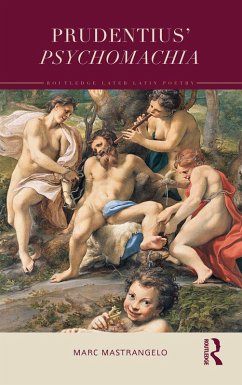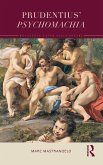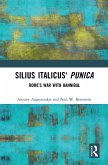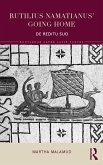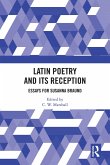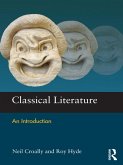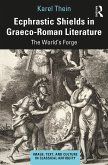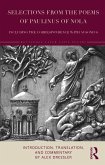Dieser Download kann aus rechtlichen Gründen nur mit Rechnungsadresse in A, B, BG, CY, CZ, D, DK, EW, E, FIN, F, GR, HR, H, IRL, I, LT, L, LR, M, NL, PL, P, R, S, SLO, SK ausgeliefert werden.
"In general, Mastrangelo's new translation is most welcome... it makes Prudentius' most important and in-fluential work available on a new, modern footing, especially to students with little or no Latin. This is particularly important given the centrality of the Psychomachia to so much of later medieval literature: it is required reading for all scholars of medieval English, for instance, and it is a relief to be able to recommend a single well-annotated translation to a non-Latinist... I am full of admiration for Mastrangelo's work. His translation has done what all good translations ought to: it has made me rethink and revisit anew a text I thought I knew very well... This is the text I will be assigning when I teach the Psychomachia in translation from now on." - PLEKOS

